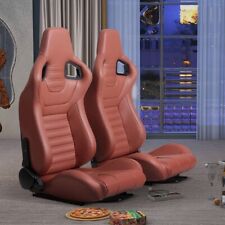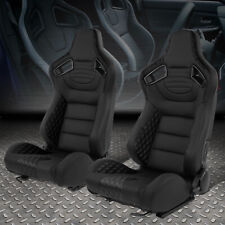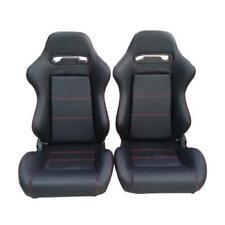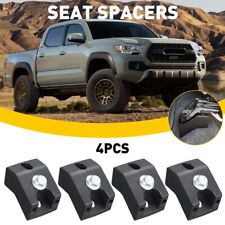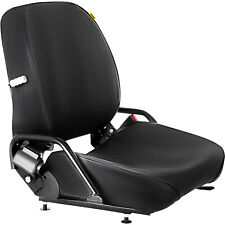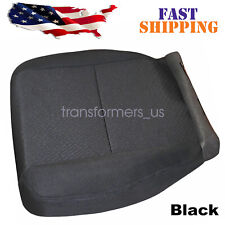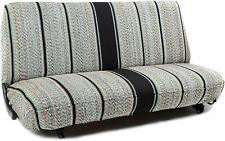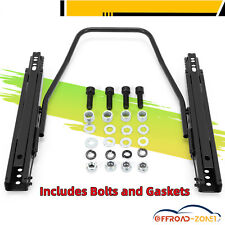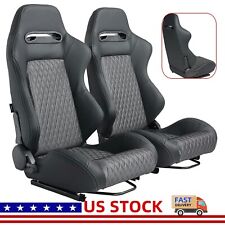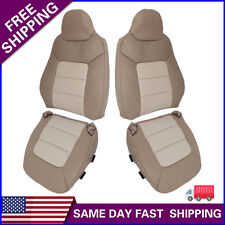J.D. Power and Associates 2009 Avoider Study finds consumers avoid brands with uncertain future

According to J.D. Power and Associates 2009 Avoider Study, nearly one in five new car shoppers avoid a brand due to their concerns over the future of the company.
J.D. Power and Associates said that the top five brands being avoided by consumers are domestic brands including Chrysler, Dodge, HUMMER, Pontiac and Saturn. The firm said that at the time of the study, GM had announced that Saturn, Pontiac and Hummer will not be part of the new GM. It said that Ford, Lincoln and Mercury had a much lower level of avoidance.
“For some American manufacturers, quality and reliability performance in the past has led to a poor perception among consumers and, ultimately, to overall avoidance of those brands,” said Kerri Wise, director of automotive research at
J.D. Power and Associates. “These perceptions are slow to change among consumers, so domestic brands must continue to focus on quality improvement and make sure their efforts are communicated to consumers.”
The 2009 Avoider Study is based on responses of 45,000 owners who registered a new car in May or June 2009.
Click through for the press release.
Press Release:
J.D. Power and Associates Reports:
Uncertain Future of Brands Dissuades Some New-Vehicle Buyers from Considering Particular Brands
Lack of Awareness and Styling Are Obstacles to Consideration for Many New-Vehicle Launches
WESTLAKE VILLAGE, Calif.: 15 December 2009 – Nearly one in five new-vehicle buyers who avoid a particular vehicle model cite their concern over the future of the brand as a reason for avoidance, according to the J.D. Power and Associates 2009 Avoider StudySM released today.
The study, now in its seventh year, examines the reasons consumers fail to consider or avoid particular models when shopping for new vehicles. While the top three avoidance reasons in 2009-styling, price and perceived reliability-remain unchanged from 2008, concern over the future of the brand is the fourth-most-frequently mentioned reason for avoiding a particular model. Included in the study for the first time, this reason was mentioned by 18 percent of avoiders.
Among brands that were avoided due to concerns over their future viability, the top five are domestic brands: Chrysler, Dodge, HUMMER, Pontiac and Saturn. At the time of the study, GM had announced that HUMMER, Pontiac and Saturn would not be part of “New GM,” while Chrysler, along with GM, was in bankruptcy proceedings. Ford, Lincoln and Mercury had much lower levels of avoidance because of concerns over the brands’ futures. This could be largely attributable to the fact that Ford did not enter bankruptcy proceedings or receive government assistance during the auto industry bailout.
“New-vehicle buyers want to know that if anything goes wrong with their vehicle in a year or two that the manufacturer will be there to back up their product,” said Kerri Wise, director of automotive research at
J.D. Power and Associates. “While Chrysler and GM struggled to gain the confidence of some consumers, Ford actually made strides in improving perceptions of its products and reducing year-over-year avoidance in the critical areas of quality and reliability.”
Buyers who avoided a particular brand due to concern about the brand’s future are more likely to also avoid the brand because of reliability, rapid depreciation, the manufacturer’s reputation and poor quality, when compared with avoiders who did not express concern with a brand’s future.
The uncertain economic outlook has also negatively impacted avoidance rates for import brands. Although imports have increased 2009 year-to-date market share by 3 percentage points, compared with 2008, a “Buy American” sentiment has grown from 2008 among domestic buyers who avoid imports. In 2009, nearly six in 10 domestic buyers who avoided an import model cite they “didn’t want a foreign/import vehicle” as a reason for avoidance-compared with 46 percent in 2008.
“Several import models are actually produced in the U.S. but are still avoided due to foreign origin,” said Wise. “To combat this growing sentiment against import vehicles, import brands that produce vehicles in the U.S. must continue to promote and emphasize their domestic ties, as well as other product advantages.”
The study, which also examines the performance of 19 all-new models, finds that one of the biggest obstacles to consideration for all-new model launches is a lack of awareness among consumers. While launches such as the Chevrolet Camaro and Dodge Challenger have high levels of awareness, due to both their past generations and consumer buzz over the new releases, some new vehicles do not have high awareness among consumers.
“Creating awareness and an identity in the crowded automotive market takes both time and money,” said Wise. “A new-vehicle buyer who purchases in a segment in which an all-new model competes and doesn’t even know that the new model exists presents an obvious concern for future sales of that model.”
Styling is also a critical element of consideration for all-new model launches. The study finds that the Audi Q5, Dodge Challenger, Kia Soul and Pontiac G3 are “universally desired,” meaning that buyers are driven to purchase them due to styling and avoiders are not turned off by the styling. On the other hand, some models appear to be polarizing when it comes to styling, including models such as the Ford Flex and Nissan Cube. While buyers of these models are influenced to purchase due to styling, this same styling causes many consumers to avoid these models.
“Many manufacturers would like their vehicles to be universally appealing, but “˜love it or hate it’ models have the potential to create just as much buzz and move as quickly off the lot,” said Wise. “It is important for launch models to hit the mark when it comes to styling, as a hot model launch may be a game changer for a brand overall.”
The 2009 Avoider Study is based on responses from nearly 45,000 owners who registered a new vehicle in May or June 2009. The study was fielded August through October 2009.
– By: Stephen Calogera


